Mladić: From army general to war crimes suspect
Ratko Mladić is accused of genocide, crimes against humanity, severe violations of the Geneva Convention, violation of law and customs of war.
Thursday, 26.05.2011.
14:33

Ratko Mladic is accused of genocide, crimes against humanity, severe violations of the Geneva Convention, violation of law and customs of war. The indictment against him issued by the Hague Tribunal prosecution says that Mladic as a commander of the Bosnian Serb Army from 1992 until 1996 took part in persecution of non-Serbian population, including shelling of Sarajevo and sniper attacks around the city which caused great number of civilian victims. Mladic: From army general to war crimes suspect One of the meetings of the Bosnian Serb Army war-time staff was even videotaped. Mladic is accused of genocide against Bosniaks (Bosnian Muslims) in Srebrenica and an attempt to cover up those murders. The troops under Mladic's command killed about 7,000 Bosniak men and boys and about 3,000 women and children were deported in just two days. The attack started on July 6, 1995 and it ended five days later when Mladic came entered the town. The Hague Tribunal first indicted Mladic and Goran Hadzic in July 1995. The second indictment for genocide in Srebrenica was signed by Prosecutor Richard Goldstone in November 1995. He warned at the time that there could be no amnesty for Karadzic and Mladic during the peace negotiations in Dayton. There were speculations in the Bosnian media about possible suspension of the indictments and that some Russian officials took part in it. The local media stated that Richard Holbrooke said that he had not discussed Mladic with Slobodan Milosevic because “the general is already invisible“ and “the military part of the agreement is already implemented“. As time went by it was more clear that there would be no amnesty and that Mladic, Karadzic and Gotovina had become the most wanted fugitives. Mladic was allegedly hiding in Serbia all this time. According to Time Magazine and weekly Vreme, a message was sent to Mladic recently that it would be the best if he made himself available to the Hague Tribunal. It became clear a long time ago that Serbia could hardly make progress in Euro-Atlantic integration process if the indictees were not extradited to The Hague. Mladic was born in 1943 in the town of Bozinovci in Bosnia-Herzegovina. He graduated from the Military Academy in Belgrade in 1965. He served in the Yugoslav People's Army (JNA) in Macedonia, Kosovo and Croatia and later in the Republic of Srpska (RS) Army. He was appointed JNA Ninth Corps Commander in Knin in 1991. He became lieutenant general in 1992 and he was appointed chief of JNA Staff in Sarajevo only a day later. He was appointed RS Army Main Staff Chief in May 1992 and remained there until December 1996. According to daily Danas, the Hague Tribunal was interested in finding out whether Mladic received an official pension from Serbia. It is unknown whether the prosecution obtained information about his military pension but B92 investigative program Insajder (Insider) learned from residents of the village of Bobovo Selo near Valjevo that Mladic was actually in Serbia while the authorities claimed that they had no idea where he was. Former Hague Tribunal Chief Prosecutor Carla Del Ponte claimed that he was in Serbia but Belgrade authorities said at least a dozen times that they had called on Mladic and other indictees to turn themselves in and denied that the general was in Serbia. The U.S. officials stated that it was necessary to extradite Mladic and Hadzic in order to finish cooperation with the Hague Tribunal. But some who considered the indictees to be national heroes opposed the idea. According to some information, Mladic was living in his home in Belgrade until about a year ago and he was even seen at some football matches, elite restaurants and even at Yugoslav Army barracks. According to the press, the most serious attempt of the Serbian authorities to determine the truth regarding Mladic started several months after Tadic became defense minister. The probes took several months after which Tadic said that Mladic had last time been in contact with military officials in May 2002. Mladic was arrested on Thursday in northern Serbia.
Mladić: From army general to war crimes suspect
One of the meetings of the Bosnian Serb Army war-time staff was even videotaped.Mladić is accused of genocide against Bosniaks (Bosnian Muslims) in Srebrenica and an attempt to cover up those murders. The troops under Mladić's command killed about 7,000 Bosniak men and boys and about 3,000 women and children were deported in just two days. The attack started on July 6, 1995 and it ended five days later when Mladić came entered the town.
The Hague Tribunal first indicted Mladić and Goran Hadžić in July 1995.
The second indictment for genocide in Srebrenica was signed by Prosecutor Richard Goldstone in November 1995. He warned at the time that there could be no amnesty for Karadžić and Mladić during the peace negotiations in Dayton. There were speculations in the Bosnian media about possible suspension of the indictments and that some Russian officials took part in it.
The local media stated that Richard Holbrooke said that he had not discussed Mladić with Slobodan Milošević because “the general is already invisible“ and “the military part of the agreement is already implemented“. As time went by it was more clear that there would be no amnesty and that Mladić, Karadžić and Gotovina had become the most wanted fugitives. Mladić was allegedly hiding in Serbia all this time. According to Time Magazine and weekly Vreme, a message was sent to Mladić recently that it would be the best if he made himself available to the Hague Tribunal. It became clear a long time ago that Serbia could hardly make progress in Euro-Atlantic integration process if the indictees were not extradited to The Hague.
Mladić was born in 1943 in the town of Božinovci in Bosnia-Herzegovina. He graduated from the Military Academy in Belgrade in 1965. He served in the Yugoslav People's Army (JNA) in Macedonia, Kosovo and Croatia and later in the Republic of Srpska (RS) Army. He was appointed JNA Ninth Corps Commander in Knin in 1991. He became lieutenant general in 1992 and he was appointed chief of JNA Staff in Sarajevo only a day later. He was appointed RS Army Main Staff Chief in May 1992 and remained there until December 1996.
According to daily Danas, the Hague Tribunal was interested in finding out whether Mladić received an official pension from Serbia. It is unknown whether the prosecution obtained information about his military pension but B92 investigative program Insajder (Insider) learned from residents of the village of Bobovo Selo near Valjevo that Mladić was actually in Serbia while the authorities claimed that they had no idea where he was.
Former Hague Tribunal Chief Prosecutor Carla Del Ponte claimed that he was in Serbia but Belgrade authorities said at least a dozen times that they had called on Mladić and other indictees to turn themselves in and denied that the general was in Serbia. The U.S. officials stated that it was necessary to extradite Mladić and Hadžić in order to finish cooperation with the Hague Tribunal. But some who considered the indictees to be national heroes opposed the idea.
According to some information, Mladić was living in his home in Belgrade until about a year ago and he was even seen at some football matches, elite restaurants and even at Yugoslav Army barracks. According to the press, the most serious attempt of the Serbian authorities to determine the truth regarding Mladić started several months after Tadić became defense minister. The probes took several months after which Tadić said that Mladić had last time been in contact with military officials in May 2002.
Mladić was arrested on Thursday in northern Serbia.










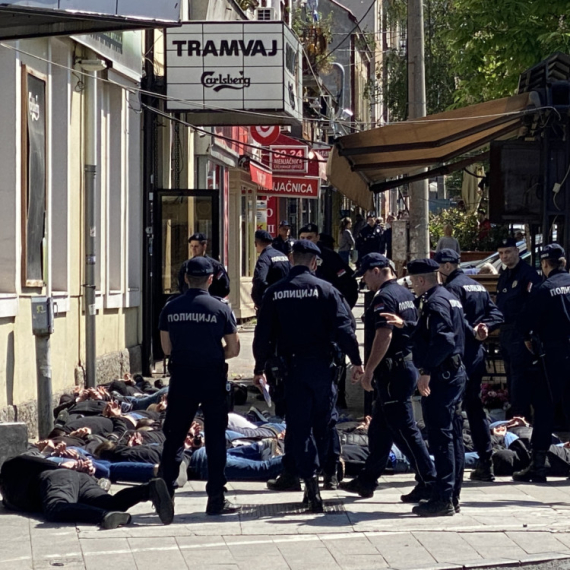


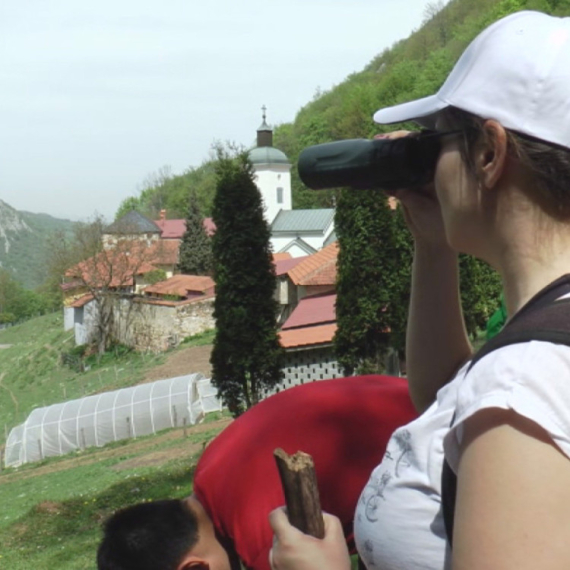

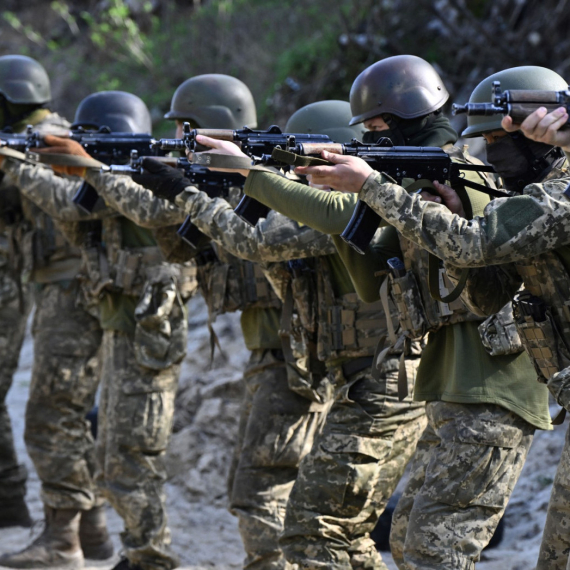
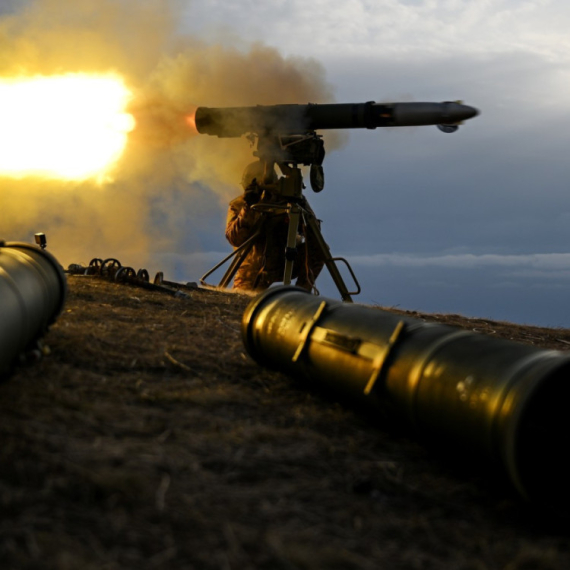

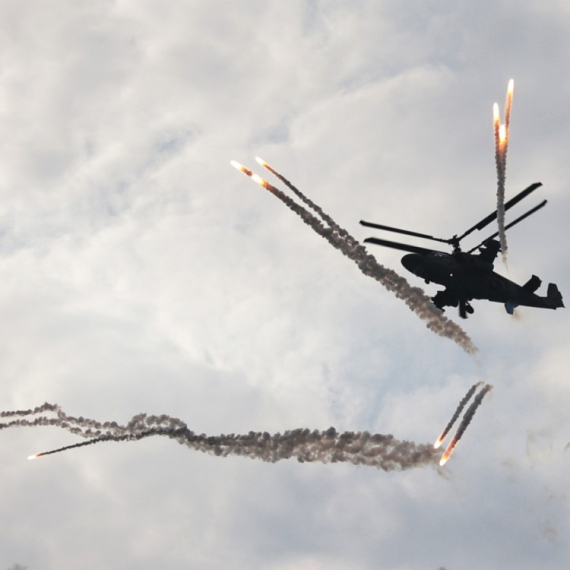
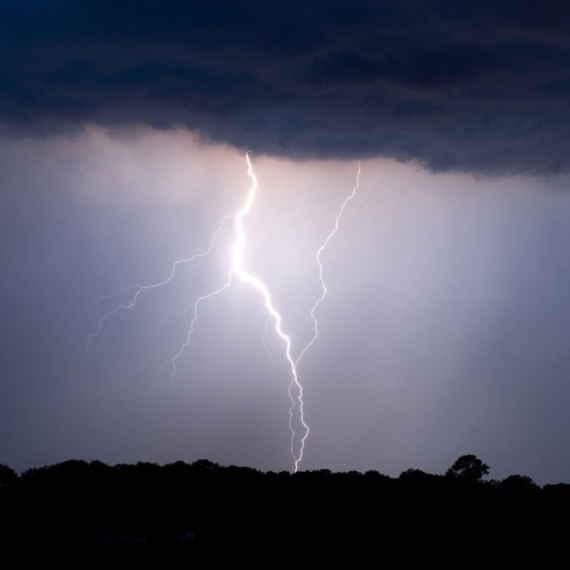



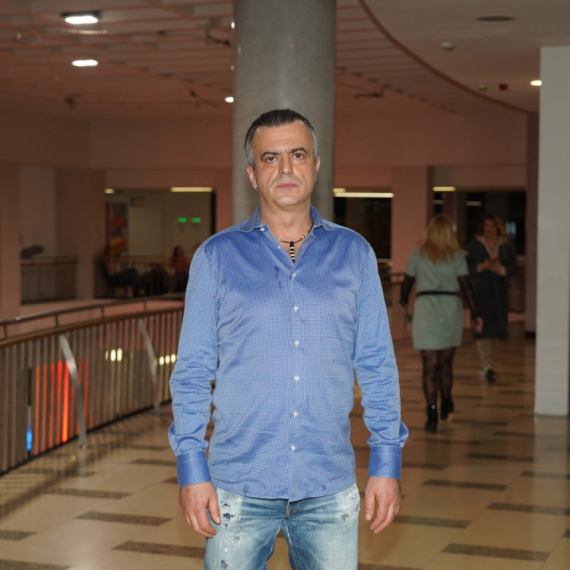






























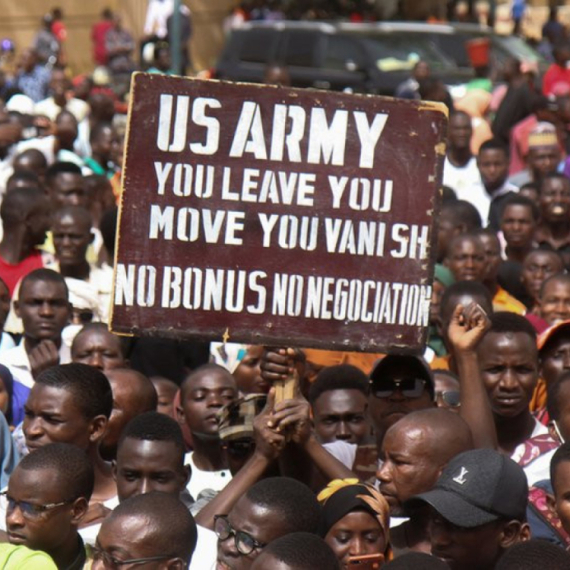
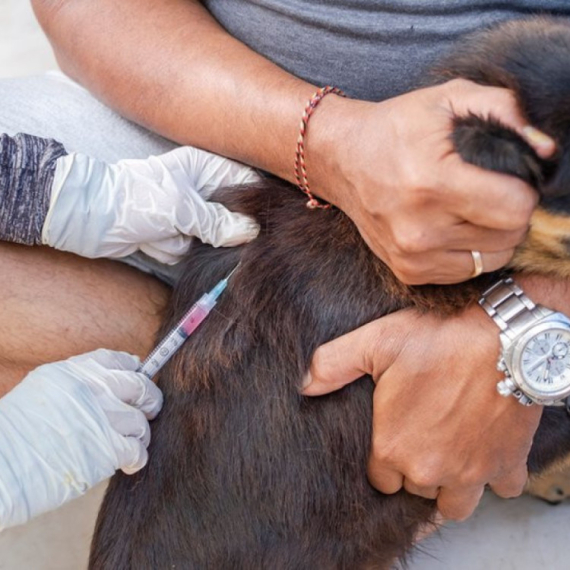
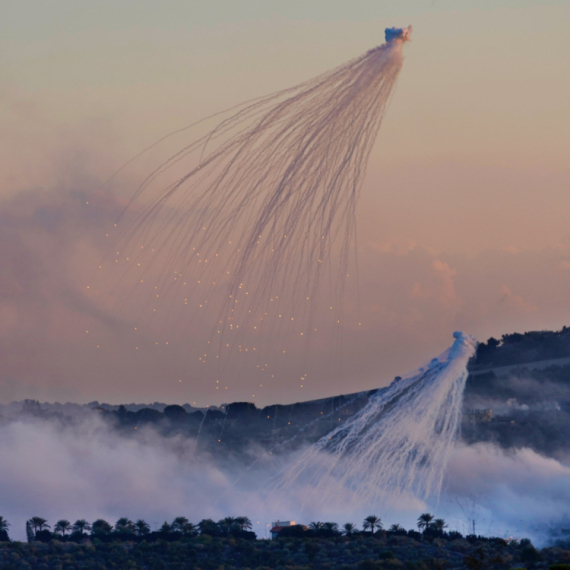


Komentari 2
Pogledaj komentare